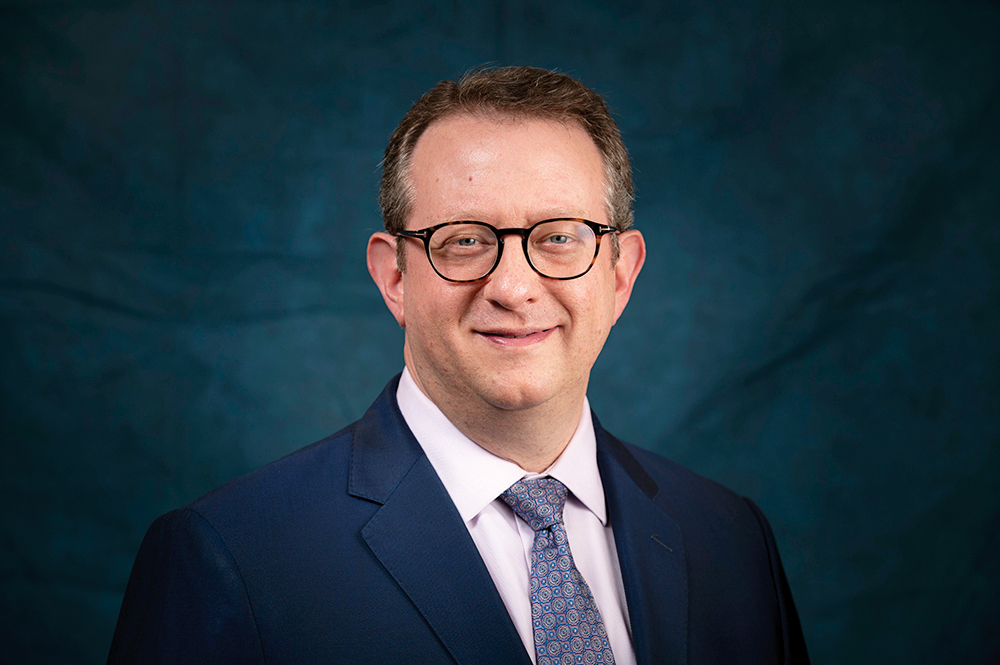
(Courtesy of YU) Two thousand years after the destruction of the Second Temple, the state of Israel stands as one of the most remarkable political and spiritual returns in human history. Yet for many in today’s Jewish community, the long arc of that story — the people, the movements, the upheavals and wars that shaped modern Zionism — remains only loosely understood.
That’s a gap Yeshiva University is now aiming to close.
This spring, YU Global, Yeshiva University’s new initiative to expand its academic, educational and spiritual reach through innovative online programming, launched “The Long Road Home: Zionism & the Modern State of Israel,” a dynamic new course exploring Israel’s past, present and future. Designed for both students and adults, this engaging online course offers a clear, accessible and context-rich look at how the Jewish people regained sovereignty in their ancestral homeland, along with the challenges confronting the modern state of Israel in today’s Middle East.
“We’re bridging a fundamental knowledge gap,” said Rabbi Ari Perl, director of operations at YU Global. “Our communities are passionate about supporting Israel, but love alone doesn’t translate into effective advocacy. In today’s geopolitical environment, we need historical understanding, context and clarity — and that’s what this course provides.”
Rather than overwhelming students with exhaustive timelines or granular political detail, The Long Road Home focuses on big picture context, foundational concepts and pivotal turning points. Participants will explore Jewish sovereignty during the temple period and the first exile, the migrations and transformations of Diaspora Jewry, and the cultural forces that shaped both Ashkenazic and Sephardic identities. The course then moves forward to the 19th century revolutions of emancipation and nationalism, the birth of modern Zionism, waves of aliyah, and tensions under the British Mandate.
It also delves into the fault lines and complexities that followed: the U.N. Partition Plan, the War of Independence, the establishment of the state of Israel, and decades of conflict with neighboring states and terrorist threats. The modern quest for peace with the Palestinians and the challenges of securing a Jewish and democratic state in an often hostile region, round out the historical arc.
“The history of Zionism isn’t just a story of politics or ideology, it’s the story of an ancient people reclaiming their identity, their agency and their future,” said Perl. “To truly appreciate Israel today, you have to understand where it came from and the challenges it continues to face today.”
The six- to eight-hour course is well-suited for synagogues, teen programs and adult learning groups looking to explore Israel’s story in a more structured and engaging way. With short video segments, interactive timelines and flexible pacing, it can be used as a standalone resource or incorporated into broader educational programming, academic or informal. A semester-long academic version for high schools, complete with assessments and assignments, will be ready for the 2025-2026 school year.
“Our community, especially our young adults, cannot afford to be uninformed. This course gives learners the grounding they need to speak with confidence, advocate with purpose, and reconnect with the long and powerful journey that brought us home,” said Perl.
For more information or to bring The Long Road Home to a school or community, contact Beth Chesir at beth.chesir@yu.edu.








